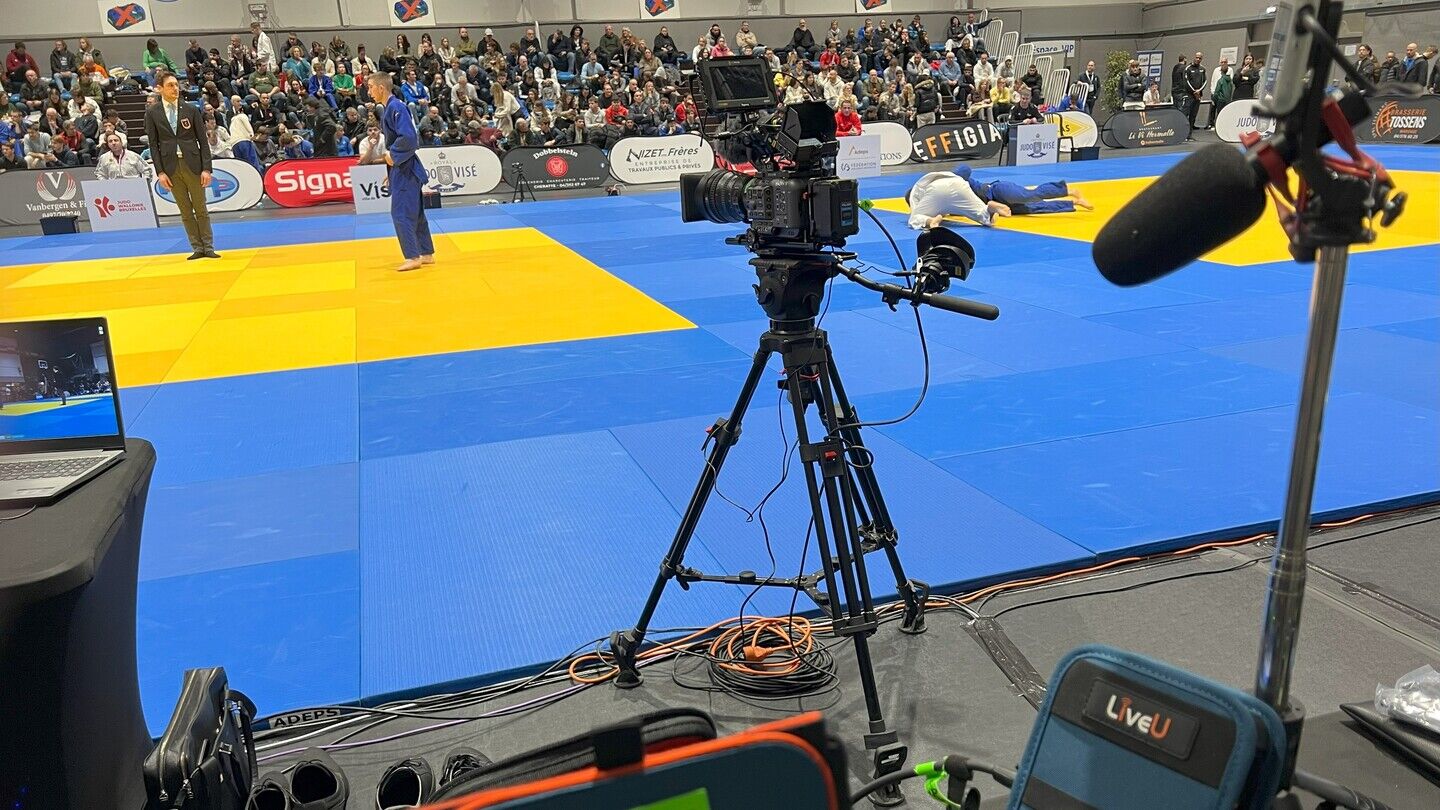Europe’s governments and regulators were hammered by their own telcos and Washington representatives for being anti-competitive as innovation struggled to be heard above the noise.
Executives at the telecom industry’s annual jamboree Mobile World Congress (MWC) mostly avoided direct mention of the geo-political split between Europe and the US, but pressure to bulk up the EU’s capability in mobile internet connectivity and AI smarts was keenly felt.
Although the stakes are now raised, European telco leaders claimed member states had slipped behind the US and Asia in building out high-speed broadband networks with knock-on consequences for local economies. The blame is placed squarely on ...
You are not signed in
Only registered users can read the rest of this article.

Age diversity: What to do about an age-old problem?
In the era of the 100-year life, is it time for the M&E industry to revisit its relationship with age diversity? As mid-career challenges and skills shortages intensify, IBC365 investigates the professionals striving to give more, over longer periods of time.

MovieLabs: Creating an industry-aligned vision for the future of media creation
How MovieLabs is building on two decades of development in film and television to help guide the future of media creation.

CES 2026: “The ChatGPT moment for physical AI is nearly here”
Passive language-based text-to-video models are so last year. From the enterprise to the home to the creative suite, the future is multi-modal AI capable of massive three-dimensional world building and physical interaction.

Multi-camera live virtual production on a broadcast budget
German broadcaster SWR claims a world first live multi-camera virtual production with potential learnings for broadcasters everywhere.

M&E predictions and analysis: “It's going to be an exciting decade”
Four top media analysts reveal their data-backed assessments of 2025, as well as their predictions for 2026 and beyond.





